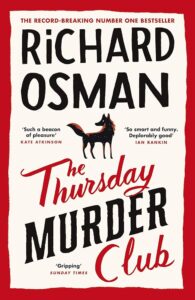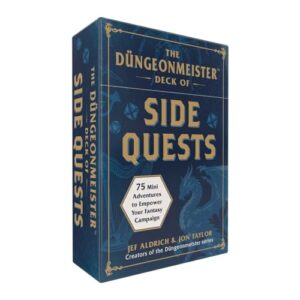In deepest, darkest Kent, Coopers Chase is a retirement community built from what was once a convent. As part of its sale to private investors, the development has kept its original chapel and the burial ground where the sisters were laid to rest from the 1870s until the late twentieth century. Coopers Chase is bucolic, pleasant and apparently well run. It offers residents who are in reasonably good health a wide range of activities, one of which is solving murders.
That’s not strictly true, in that the Thursday Murder Club is by invitation, and thus not provided by the community and its management. On the other hand, the club does have a fixed time in the official schedule of the Jigsaw Room, one of the community spaces where residents can get together outside of their own rooms or apartments. Mum’s the word about murder, though. “It was Thursday because there was a two-hour slot free in the Jigsaw Room, between Art History and Conversational French. It was booked, and still is booked, under the name Japanese Opera — A Discussion, which ensured they were always left in peace.” (p. 18)
The Club began with Penny, who had been an inspector in the Kent Police for many years and Elizabeth, whose professional background is never stated explicitly, but she is described at various points as “terrifying,” “effective,” “not likely to take no for an answer,” and “occasionally played fast and loose with the Official Secrets Act.” She reminisces about past times in East Berlin and Leipzig, knows people in Cyprus, and is capable of calling in all manner of favors. They went through files that Penny had, against regulations, kept following her retirement. They would comb through cold cases “line by line, study every photograph, read every witness statement, just looking for anything that had been missed.” (p. 18)
Ibrahim, a semi-retired psychiatrist, soon joined them, as did Ron, a firebrand labor leader who had his heyday before Thatcher did her various things. “[Elizabeth] soon spotted Ron’s key strength, namely, he never believes a single word anyone ever tells him. Elizabeth now says that reading police files in the certain knowledge that the police are lying to you is surprisingly effective.” (p. 19)










